Tanzania
In Tanzania, African giant pouched rats are being trained to sniff out landmines, diseases, and even humans buried under rubble.
They have a highly sensitive sense of smell, which makes them invaluable during lifesaving missions.
For more than two decades, the Belgian non-profit group, APOPO, has worked in Morogoro to train the rodents for vital missions.
Rat trainer, Sophia Madinda, explains that they are trained using classical conditioning and positive reinforcement.
"We have positive samples which we know, and negative samples. The rat has to show us the positive samples in a set time. After succeeding, the rat moves on to the next stage, where it begins the actual work,” she says.
Madinda says she had to overcame her fear of rodents to work on the project.
"When I first came to APOPO, honestly, I was afraid of them. But later, as I got used to them, I saw that they are creatures you can live with well, and they can also get used to you and work with you,” she says.
Tanzania has one of the highest global TB burdens, but false negatives remain a persistent major problem.
In 2007, APOPO’s expanded its rat training to include TB detection, and now works with hospitals in Tanzania, Ethiopia, and Mozambique.
Even though the rats are not recognised as an official diagnostic tool, APOPO’s CEO, Christophe Cox, says they have detected more than 30,000 cases.
With their sensitive noses, the rats sniff out samples of sputum from patients, looking for positive TB cases that had been marked as negative.
"These patients were basically sent home saying 'you're negative'. And 30,000 patients, if you consider each can infect 10 to 15 people per year, that is also preventing 300 to 400 thousand secondary infections,” he says.
Research suggests the rats are picking up on six unique volatile organic compounds in positive TB samples.
The more existential challenge for these "hero rats'" comes from regulators and a wider health community of those who doubt this unconventional method of disease detection.
Any positive samples they detect must be confirmed with human microscopy in APOPO’s labs before treatment can be administered.
Now, these super rodents are being trained for a new life-saving mission. They will be helping search and rescue teams find survivors after disasters, like an earthquake for example.
Fabrizio Dell'Anna, who oversees the search and rescue programme, says their small size makes them invaluable.
"They are small so they can penetrate rubble, something a search and rescue dog cannot do. Dogs can only smell from the surface of the debris,” he says.
The rats also carry a small backpack that allows the operators outside the debris to communicate with the victim.
A first cohort of these hero rats is already in Turkey working with a partner search and rescue organisation.
The rats’ training beings shortly after birth for specific missions and, with a longer-than-average rodent life span of almost a decade, they can carry out their work for years.
Training of a rat costs around $7,000.




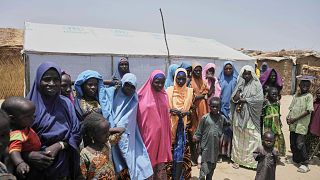
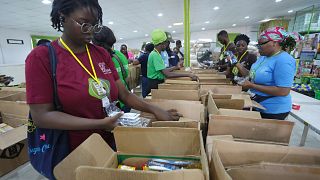
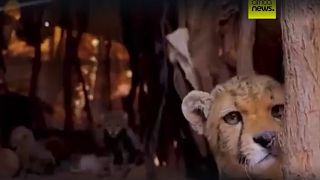

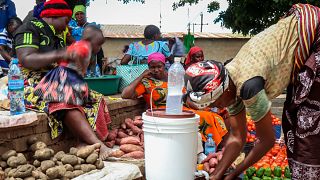

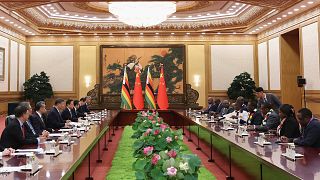
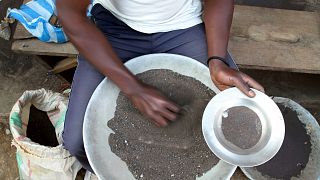
01:02
Afghanistan: Earthquake survivors face aid crunch as death toll rises
01:19
Afghanistan hit by second powerful quake as death toll exceeds 1,400
00:51
Search for survivors continues in Afghanistan as earthquake death toll rises
01:02
Rescuers search rubble for survivors after earthquake in Afghanistan
01:00
Desperate search for survivors after deadly Afghan quake
01:12
Afghanistan earthquake kills 800+, villages destroyed